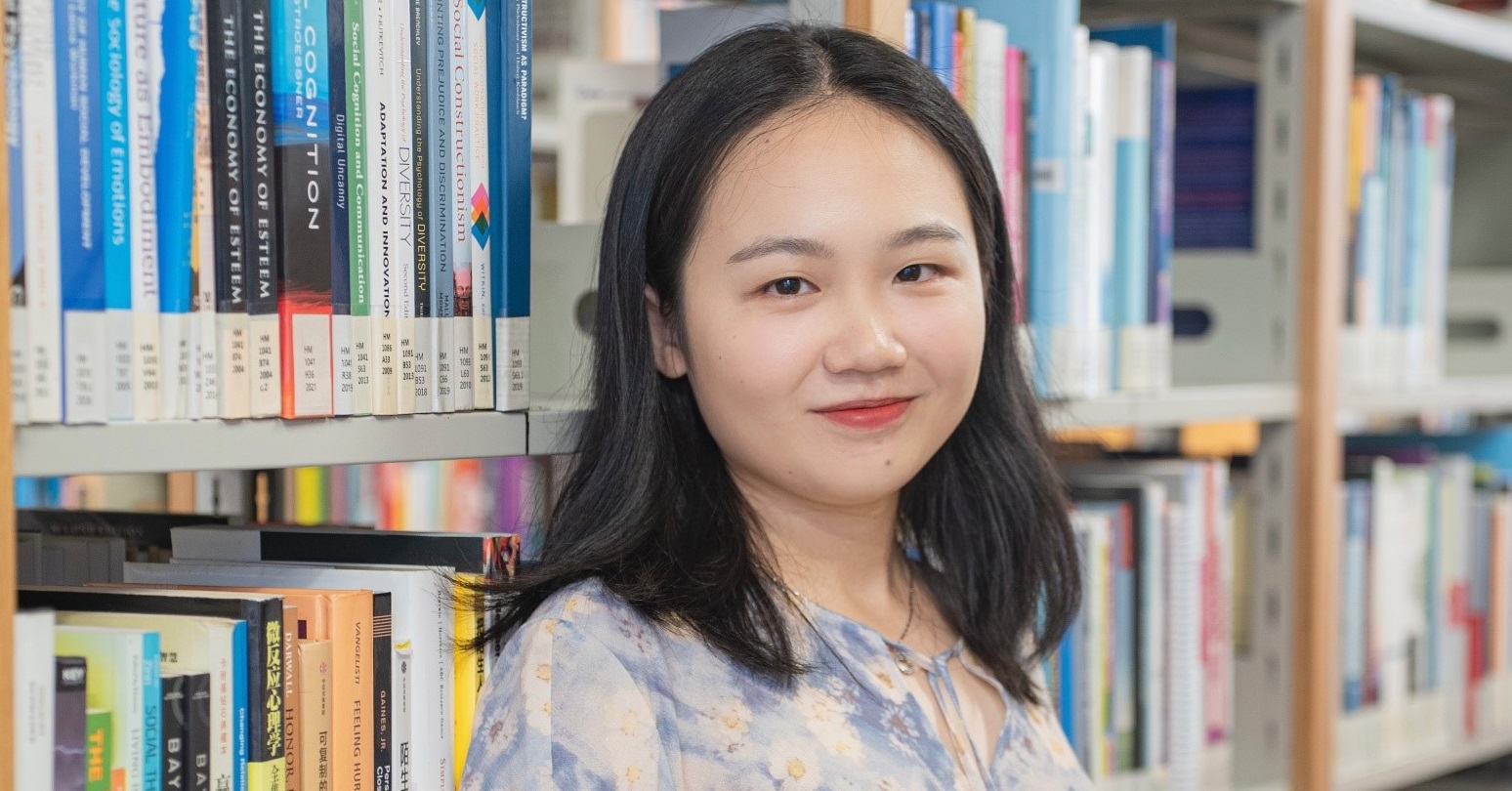Ivey is excited to welcome several new faculty members to campus this year! To get to know our new colleagues, we asked them some questions to learn about their interests inside and outside the classroom.
Get to know: Nanxi Zhang
Meet Nanxi (Nancy) Zhang, an expert in Management Science. She received a PhD from the Shanghai University of Finance and Economics, specializing in optimization theory and revenue management. Zhang also studied as a visiting student at the University of British Columbia, where she discovered her passion for teaching. At Ivey, Zhang will be teaching decision-making with analytics in the HBA program.
Zhang is thrilled to be a part of Ivey's faculty and collaborate with her peers in Management Science research. She is eager to utilize the case method in her teaching and meet her new students in the upcoming academic year. Zhang enjoys making a positive impact on her students and hopes to inspire them with the same kindness she received from her own mentors throughout her career.
Q&A with Nanxi Zhang
What is the most important thing business executives can learn from your research/area of expertise?
My main research interest lies in revenue management. To summarize, it’s about selling the right product to the right people at the right time and place. Designing proper operational strategies can help the seller get more revenue with limited resources. Over the years, revenue management has shown its importance in multiple industries such as online commerce and airline ticket sales. Knowing these techniques can help business executives make profitable operational decisions.
Where did you grow up and what was it like there?
I was born and raised in Henan, China, where I lived until I went to college. My hometown is surrounded by mountains, and it has important historical and cultural value. Many dynasties in Chinese history established cities in Henan as their capital, so there are many historical sites and it’s said Emperor Huang lived there. Today, Henan has a strong agricultural industry, and I spent my childhood in the fields. Our family moved to the city when I started primary school, and I really miss the countryside.
Who have been your strongest influences in life?
My mother and grandmother. My mother is very hardworking and brave, she taught me persistence and an optimistic attitude toward life. My grandmother was tough and very loving. Even in the last few years of her life, many people would turn to her for help. My grandmother was popular everywhere she lived because of her personality. Someday I want to write a book about my grandmother’s stories with my mother.
What led you to your career?
My two advisors, Professor Jiang and Professor Ryan. In Shanghai, Professor Jiang introduced me to optimization theory, which inspired the topic of my own research. As a visiting student in British Columbia, Professor Ryan empowered me to realize I have the ability and talent to help students, showing me the fun of being a professor. I’m lucky to have met both, and I want to return my gratitude by passing on this passion to my future students.
What do you like to do when you're not working?
I like hiking and spending time in nature. It could be because I spent my childhood in the countryside, so even today I feel at peace in mountains and forests.
What might someone be surprised to know about you?
I don't know why, but many people tell me they thought I was a high school student the first time they saw me. It happens multiple times that some undergraduate students think I am younger than them.
What is the most played song on your playlist as of now?
Mozart’s K545 because it's so joyful and beautiful.
What book would you recommend to others? On the personal side? On the business side?
On the business side, I recommend Organizational Culture and Leadership by Edgar H. Schein. It talks about the role of business cultures, human nature, and leadership in culture building. It gives me fresh perspectives on many famous business events. On the personal side, I have been reading Instructions for Practical Living, and Other Neo-Confucian Writings by Wang Yangming recently. It is composed of conversations and letters between Yangming and his students. I find his ideas about how people should use their hearts and mind very helpful for both research and life.



